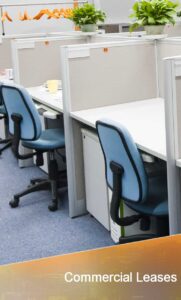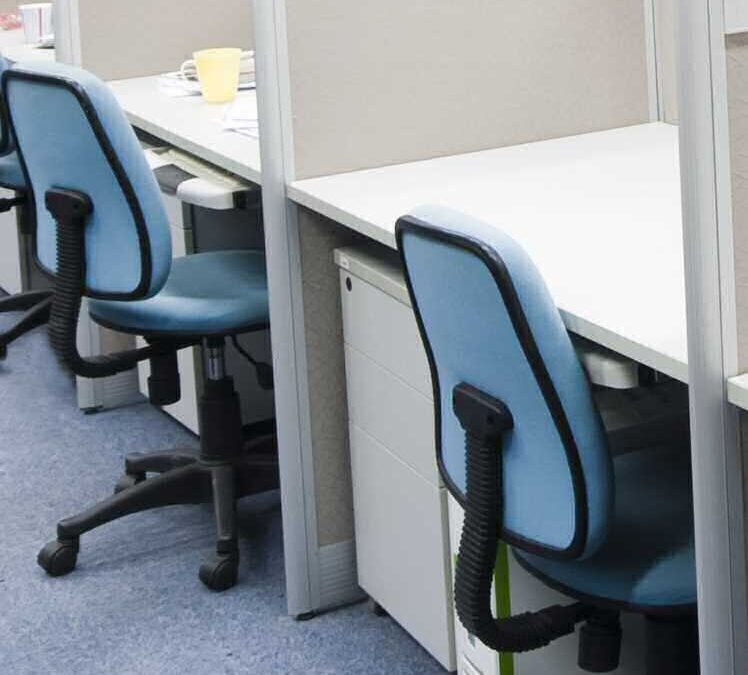 Entering into a commercial lease is a fact of life for many businesses but failing to obtain proper advice before doing so can have dire financial consequences. By seeking assistance from our commercial property team at A City Law Firm we can help remove the uncertainties and flag up legal pitfalls. As we act for both Tenants and Landlords we are well placed to see matters from both sides and you can be assured that you are in safe hands. Here are some tips from us when considering taking on a commercial lease.
Entering into a commercial lease is a fact of life for many businesses but failing to obtain proper advice before doing so can have dire financial consequences. By seeking assistance from our commercial property team at A City Law Firm we can help remove the uncertainties and flag up legal pitfalls. As we act for both Tenants and Landlords we are well placed to see matters from both sides and you can be assured that you are in safe hands. Here are some tips from us when considering taking on a commercial lease.
1. Choosing the right property
‘Location, location, location’, Phil and Kirstie’s mantra applies as much to commercial property as it does to residential property. You need to consider how the location will impact you, your staff, suppliers and customers or clients. Choosing the right property means choosing the right location. In order to do this you need to consider the needs of your business carefully and the message that you wish to put across. This requires early and detailed consideration and planning. Your premises are likely to be a relatively large overhead and therefore you have to be careful where you decide to ‘set up shop’ so to speak.
2. How much space do you need?
You do not want to waste a lot of money on premises that quickly end up being too small or too big, with a long lease to run. You can take advice from chartered surveyors or interior architects who have experience in developing the best type of office for your needs, but you certainly don’t want to end up only using half of the premises and you don’t want to get yourself into a situation where you risk forfeiture of the lease because you can’t pay for the entire space. Forfeiture is a mechanism whereby under certain circumstances the landlord has the right to take back the Lease. We can help you if you need to get rid of a tenant or advise you if a landlord is threatening forfeiture and you would like to downsize.
3. Costs- It’s not just the rent!
The RENT is the main cost of a commercial lease, however there are other liabilities to consider:
1. Business rates;
2. Service charges;- Landlords want to achieve a clear rent so other costs of running and maintaining the building are usually recovered through service charges;
3. Most commercial leases are pro Landlord and assume the building is in good repair, but if they are not this can be problematic. We can help ensure that your position is protected;
4. You’ll be responsible for repairing and maintaining the premises and everything in it regardless of the state when you move in unless measures are put in place to avoid or limit this. We can help you with that;
5. When you leave you’ll probably have to redecorate and carry out repairs. You may even have to replace all the carpets. You may have to strip-out any alterations you’ve made even if you think they’re improvements unless agreement has been reached in this regard. This is another reason to have our team work with you in these instances;
6. The cost of repairs, redecoration and reinstatement work can amount to thousands of pounds and if you don’t carry these out the Landlord may issue a claim against you for the money required to carry out the work; getting us involved as early as possible can prevent problems later on; and
7. Tenants will often be expected to cover the legal costs of preparing the lease.
As you can see it is important to have a solicitor negotiating the drafting of the lease to your specific needs. Our team has experts in dealing with start-up businesses and long standing enterprises and we would be very happy to help you.
4. Legal Implications
A lease is a legally binding contract between a landlord and tenant and you cannot simply do as you please and not risk court action.
People are usually very surprised that they cannot simply get out of a lease if they do not need the premises anymore but land law isn’t necessary always logical or how work how you would expect.
Even if a landlord is in breach of the lease, this doesn’t necessarily give you the right to get out of the lease. Your remedy will most likely be damages i.e. financial compensation, but you would likely need to take legal action against your landlord to get the money.
In this way getting a solicitor to negotiate the lease according to the facts and your requirements is invaluable as is getting advice on the substance of the lease terms.
Commercial tenants often assume mistakenly that there are protections under the law that will prevent a landlord from demanding huge increases in service charges. As far as commercial leases are concerned the devil is in the detail. It is what is written in the Lease that will largely determine what a landlord can look to a tenant to pay for and by when.
The shorter the lease the more flexibility you have but also you don’t have security that the premises will necessarily be available when you want to renew. There may be cost risks in having to move to soon or you may lose money you have invested in the business. Therefore commercial reasons often dictate why a person should choose to take a lease and not buy a freehold instead. It is quite common to see leases for 3-5 years or 5-10 years.
Whether you have the right to stay in a premises at the expiry of your lease will largely depend on what was agreed upon the grant of the lease. We are specialists in the area of security of tenure for business leases. Please seek advice on your rights either as Landlord or Tenant as soon as possible.
If you’re considering granting or taking on a commercial lease, or you simply want your lease reviewed please contact us for a no obligation chat, we may be able to save you time and money!

